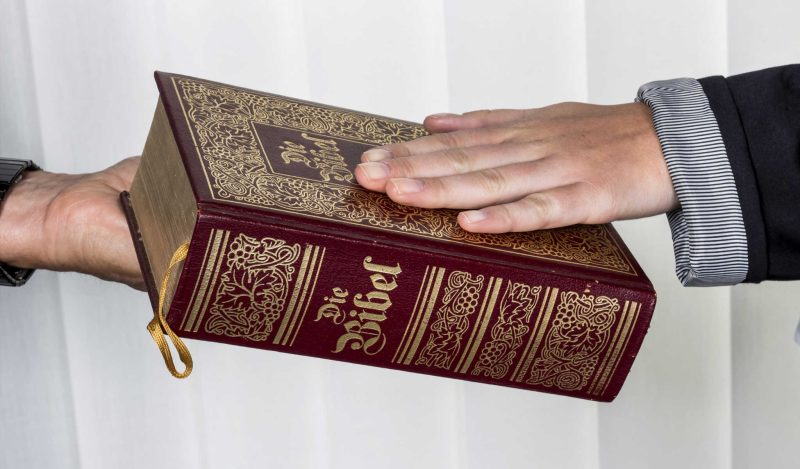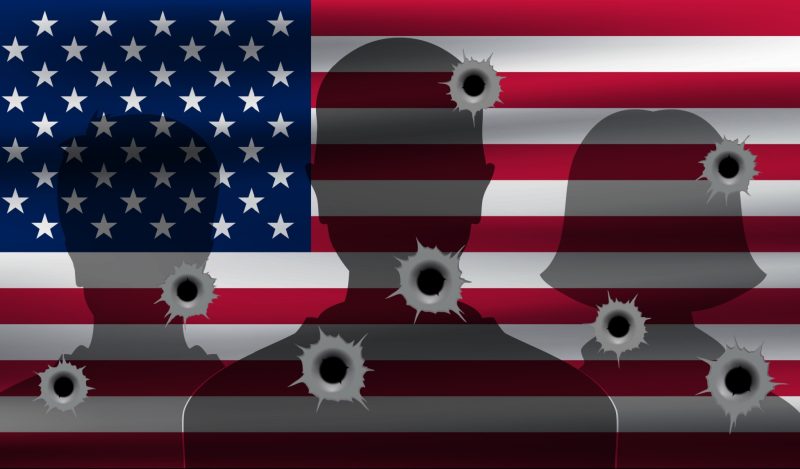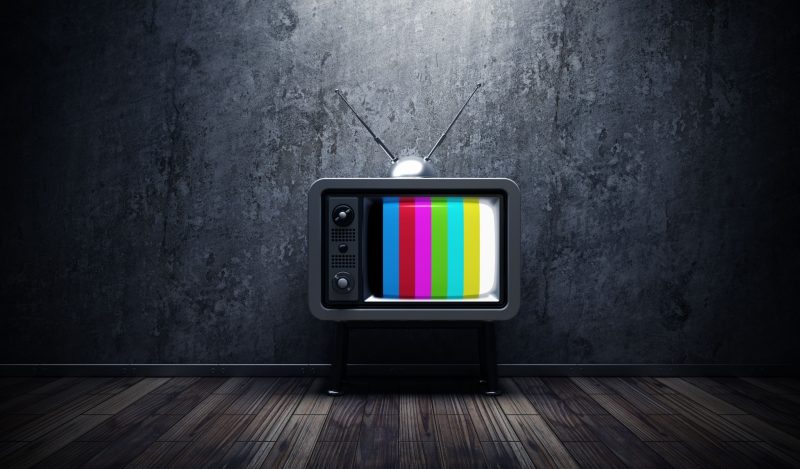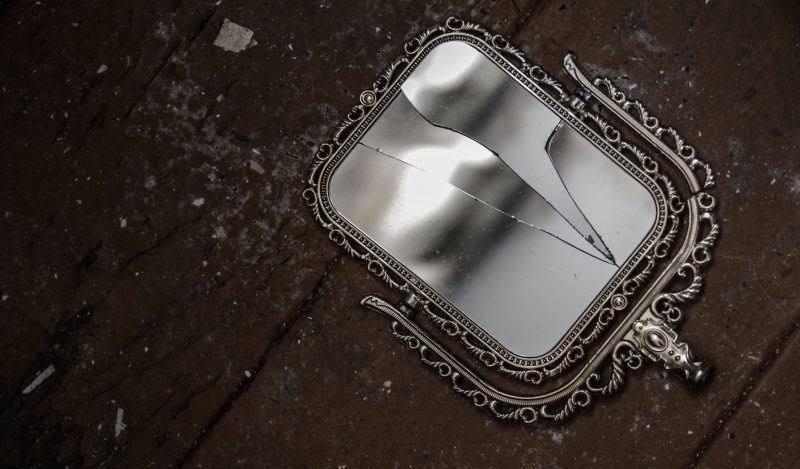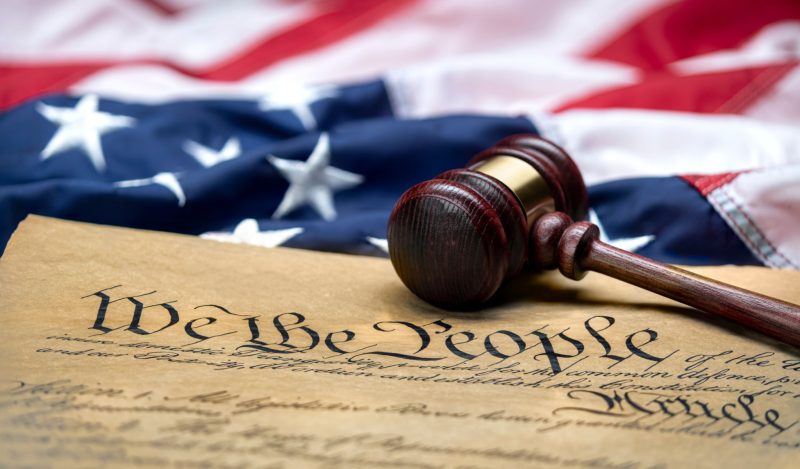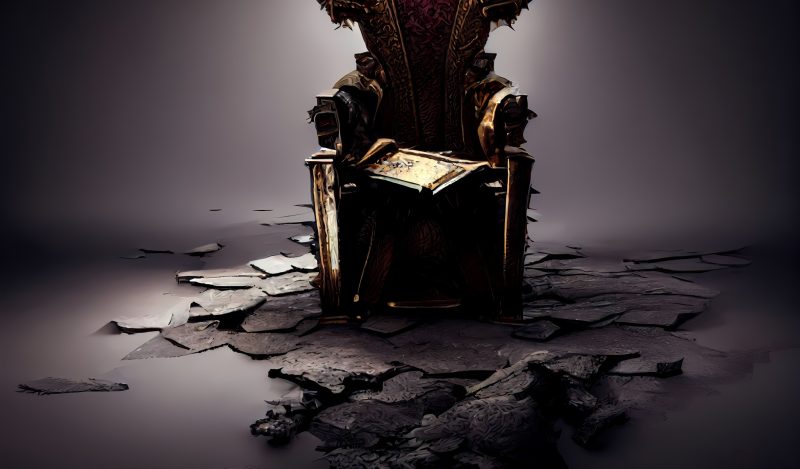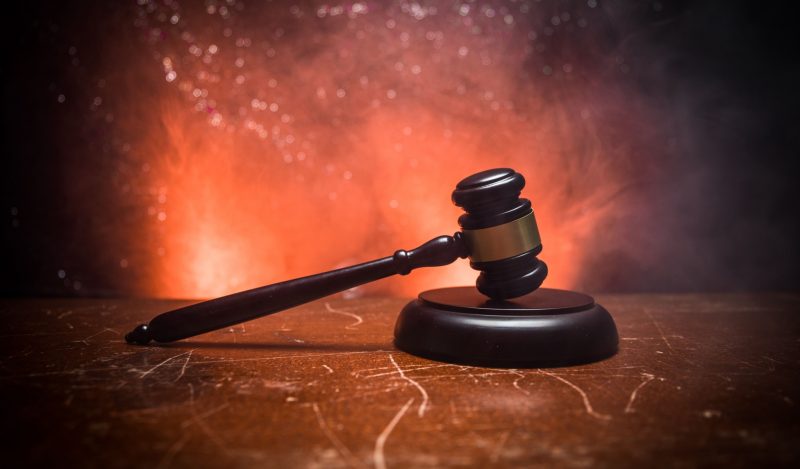Repeatedly since the beginning of the covid pandemic response, public officials, media, and celebrities encourage the public to “trust the experts.” In deciding whether to do just that, it is imperative for the public to know what an “expert” is and how the public is advised to receive their testimony under the law.
As a trial attorney, I have practiced many jury trials during which we take testimony from witnesses who have earned the title of “expert.” What most lay persons may not realize–until it’s time for them to perform their civic duty and serve on a jury–is what roles do these witnesses play and how should their expert testimony be weighed.
During jury trials, the trial judge is the arbiter of the law. It is his role to keep order over the proceeding, to make sure the parties play by the rules, to decide questions of law between attorneys, and to instruct the jury members about the law they must follow. Throughout the trial, the judge will take moments to read and explain the law to jurors.
When a party calls an expert witness, that witness is not considered an expert when she first takes the stand and swears to tell the truth. Rather, the parties question her about her specialized education, training, and experiences that would qualify her to be designated an expert witness by the court. Only after that questioning will the party who called the witness ask the court to accept the witness as an expert.
The jury observes and hears all these questions and answers into the expert’s experiences, hearing a condensed version of the expert’s curriculum vitae. If the judge does accept the witness as an expert, he then pauses the testimony to instruct the jury on what being called an expert means:
An expert witness is a person who has some special skill or knowledge in their area of expertise acquired by training, education, and experience. The expert’s “special” or “out of the ordinary” knowledge or skill may be helpful to you, members of the jury, in deciding this case by giving specialized information, explanations, or opinions.
Bear in mind, the jury has just listened to all of the expert’s training, education, and experience. The judge has qualified the witness under the law as an expert, but hearing all about the witness’s training and experience lends credence to their impending testimony–it adds weight to what they are about to say. Often, attorneys will go through an expert’s experiences ad nauseam to bolster the conclusions and opinions the expert is about to make.
The reason attorneys inquire about qualifications at length is because of this vital instruction that every citizen of this country needs to know about so-called experts:
Remember, jurors, you are the sole judges of the credibility and weight of all testimony. The fact that this witness is referred to as an “expert” and that she may have some special knowledge or skill does not mean that her testimony or opinions are right or correct. Just like with any ordinary witness, you should consider when deciding whether the expert witness is being truthful and whether her truthful testimony carries any weight or is accurate on this issue: the witness’s ability to perceive the things about which she testifies, her memory, how she acted and spoke while testifying–was she uncertain, confused, or evasive–, does the witness have any biases or interests in the outcome of the case that would impact her testimony, does her testimony fit with other evidence in the case, consider her specialized training, experience, and ability, the reliability of the sources and information used for her opinions, whether her explanations to support her opinions are reasonable or make common sense, and any other factors you believe relevant to her truthfulness and the value of her testimony.
When deliberating, each individual juror must make up his or her own mind about what are the true facts of the case while deciding together their ultimate verdict. Even during the group discussions, judges instruct jurors to consult with each other to come to an agreement, but only if the agreement can be reached “without doing any violence to your individual judgment.” Individual jurors must not sacrifice his or her honest belief about evidence just to reach an agreement or return a verdict.
These principles of law taught to jurors in a courtroom highlight that groupthink does not lead to a just verdict and that experts may have earned their title, but their testimony may be untrue or not worth anything on an issue. Only after considering all of the relevant evidence should jurors, and the public, decide what makes sense and whether to afford any weight to experts.
Next time you hear that you should “trust the experts,” remind yourself that only you get to decide who you trust and why, based on your common sense and everything you have witnessed and researched.
The foregoing instructions are examples based on the Pennsylvania Suggested Standard Criminal Jury Instructions.
Published under a Creative Commons Attribution 4.0 International License
For reprints, please set the canonical link back to the original Brownstone Institute Article and Author.
